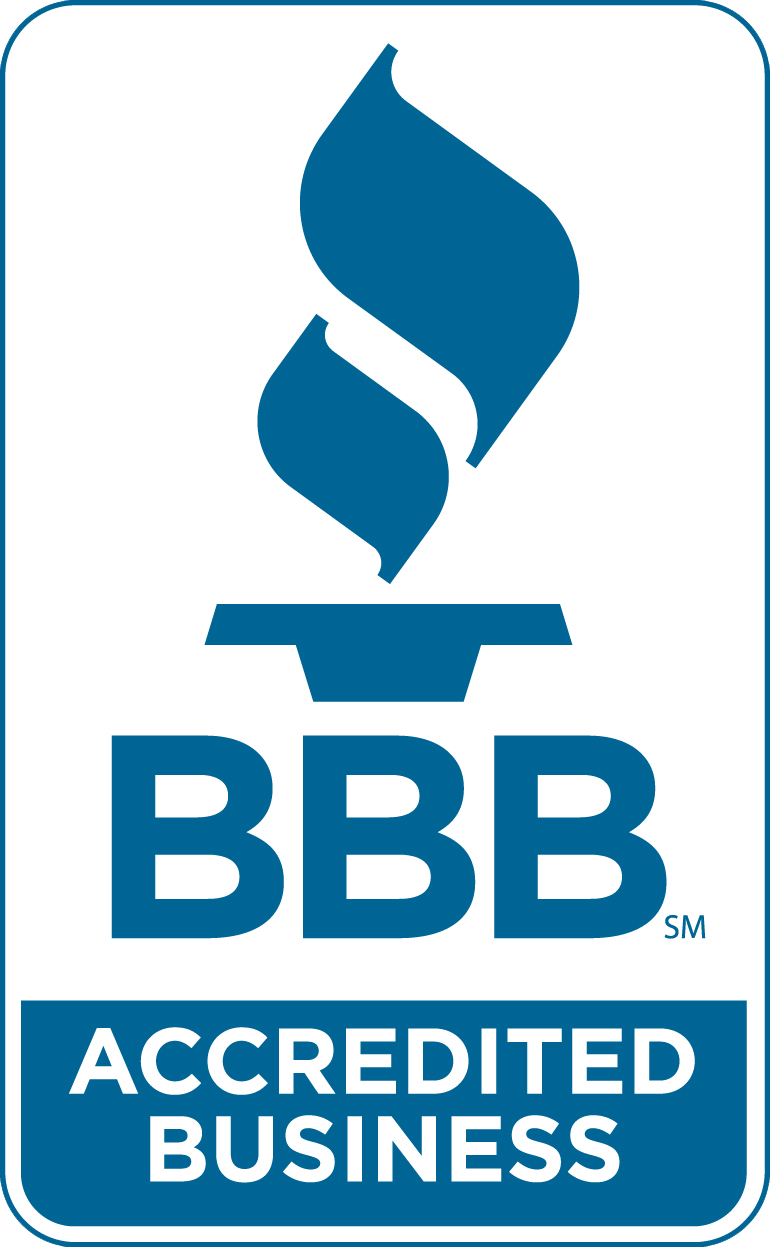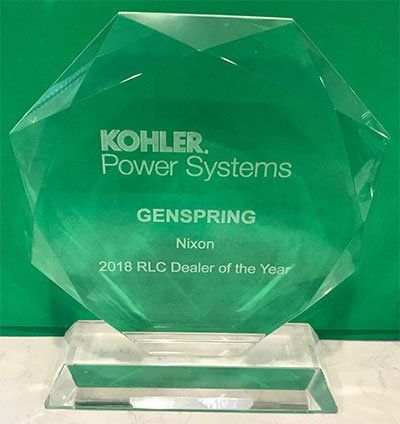5 Factors Influencing How Long Your Home Generator Will Run
We addressed the common question, “ How long can my home generator run? ” a few years ago in a former blog post, but with new technological advancements in generator systems, plus an increase in the makes-and-models available, it’s still just as relevant today.
The very short answer is… it depends, as there are a handful of factors in determining how long your whole house generator can run and power your home.
Factor 1: The quality of your generator’s engine
Similar to any powerful machine, the engine is the workhorse of a generator system, which is why the quality of the engine plays a key role in both performance and life of the engine. It creates the force enabling your generator system to produce the electricity necessary to power your home.
Our recommendation: The GenSpring Power service team recommends purchasing a generator with an engine manufactured by the same company producing the generator itself, or uses an engine built by a quality-recognized engine manufacturer.
Factor 2: The speed of your generator’s engine
In order to produce consistent electric power, the engine must maintain a certain speed, matching the generator’s specifications. For example: most liquid cooled generators run at 1800 RPM, whereas air cooled generators run upwards 3600 RPM, requiring their engines to work harder since they’re running at double the speed.
Our recommendation: During a prolonged power outage, we recommend stopping the generator periodically as specified by the manufacturer in order to check the oil. This could be during a weekday morning when no one is home so your family isn’t suffering without a functional HVAC system and food doesn’t spoil.
Factor 3: The oil and oil filter used in your generator
Oil is the lifeblood of an internal combustion engine, and serves two key roles: lubrication and cooling. A heavily loaded generator system will require the engine to work much harder in order to maintain its rated capacity. So, over time, a heavily loaded engine will run hotter and therefore use oil faster than a generator operating under normal conditions.
The oil filter serves a very important purpose as well, as it cleans the oil while the generator’s engine is running to keep it free of debris, ensuring better performance and longer life of the generator.
Our recommendation: Oil levels should be checked, topped off and changed as necessary. Always follow the generator manufacturer’s recommendations with respect to the type and grade of your oil, especially since it has a very limited shelf life. Additionally, we recommend you change the oil filter every time you change the oil in your generator. And in order to ensure warranty coverage, you should use only genuine oil filters as specified by the manufacturer.
Factor 4: The surrounding outdoor temperature
The warmer the outdoor temperature, the higher the temperature your generator is likely to run. And, as we mentioned above, a heavily loaded engine will use oil much faster than a generator operating within normal conditions.
Our recommendation: To help offset summer heat as a potential issue, carefully consider the discussion in Factor 5 below…
Factor 5: The quality of generator installation
Finally, proper generator installation plays an important role in the ability of the generator to pull-in and freely exhaust a sufficient amount of air while it’s operating. If the exhaust or air intake is impeded, the generator may not operate as intended.
Our recommendation: If you’re interested in installing a new home generator, or looking to upgrade your current generator,
contact us for a free site visit ! We’ll survey your property to take the environment into consideration and identify the best location for installation.
Contact Us
Clayton Preble, Founder
Glenn Preble, President
Scott Preble, Vice President – Service & Operations
Power you can depend on, people you can trust.
Quick Links
GenSpring Power is a registered trademark of GenSpring Power Inc.
Website by Lift Division.





